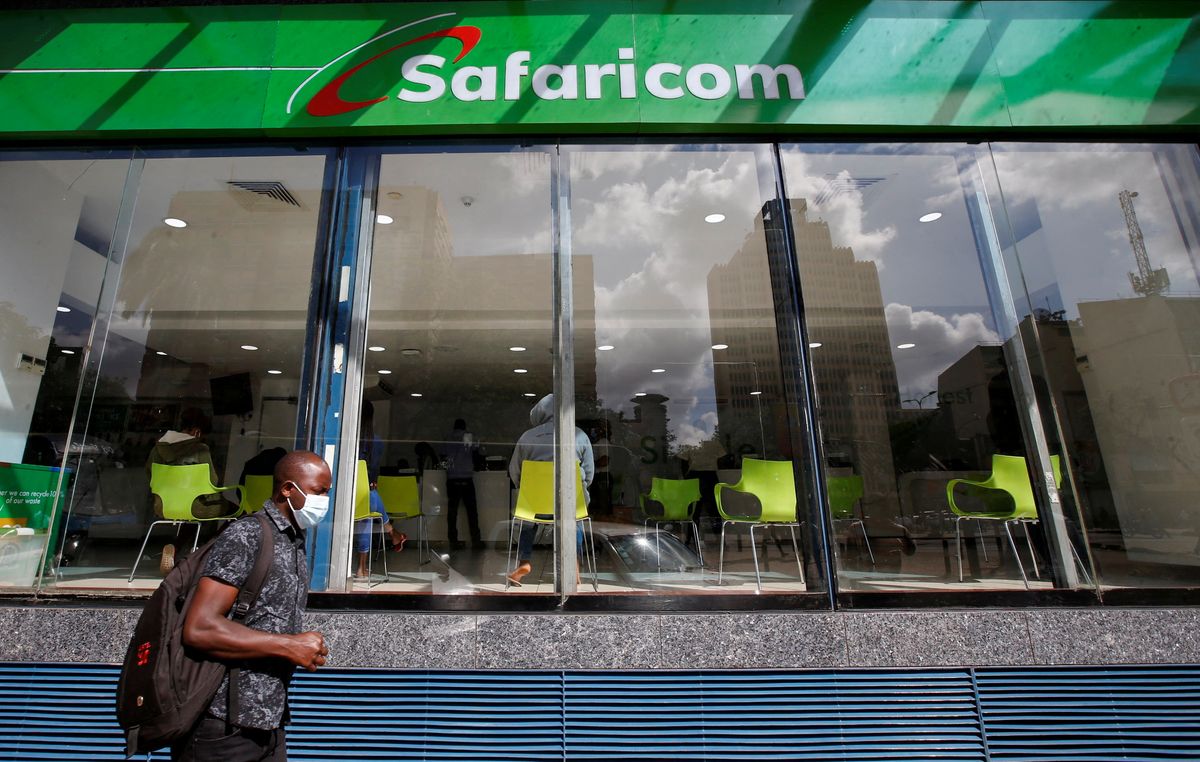Inside Safaricom's acquisition of M-PESA Holdings
Safaricom completes full acquisition of M-PESA Holdings, securing control of the iconic mobile money platform in Kenya.

Safaricom PLC has officially completed its acquisition of M-PESA Holdings Co. Limited, securing full control over the mobile money platforms. This acquisition, which began on April 17, marks a significant milestone in Safaricom's ongoing efforts to strengthen its position in the mobile financial services market.
The agreement involved Safaricom entering into a share purchase agreement with Vodafone International Holdings BV for the transfer of the entire issued share capital of M-PESA Holdings Limited fr8om Vodafone BV to Safaricom. This transaction, having met various conditions typical for such complex deals, including securing approval from shareholders and the necessary regulatory authorities, has now been successfully concluded.
M-PESA Holdings plays a pivotal role as the corporate trustee responsible for holding customer funds under the M-PESA trust arrangement. This trust arrangement was established in compliance with the National Payment System Regulations of 2014, and it mandates that a corporate entity be responsible for safeguarding these funds. With the acquisition, Safaricom now has complete control over the stewardship of these customer funds, representing a significant shift in the mobile money platform landscape.
M-PESA, short for "Mobile" and "Pesa," the Swahili word for money, has become a household name in Kenya and beyond. Launched in 2007, it revolutionised the way people manage their finances and conduct transactions. It allowed users to send and receive money, pay bills, purchase airtime, and even access loans through their mobile phones, eliminating the need for traditional banking infrastructure in many cases.
However, it is crucial to distinguish between M-PESA, the service offered by Safaricom, and M-PESA Holdings, the corporate trustee responsible for safeguarding the funds deposited by M-PESA users. M-PESA Holdings is the entity at the centre of this acquisition.
This strategic acquisition is not just about ownership; it also has significant financial implications. According to reports, M-PESA Holdings had approximately €1.2 billion (~$1.3 billion) in customer funds as of April 2023. Safaricom's acquisition of this trust company could provide a substantial boost to its cash flow, especially if the company chooses to invest the M-PESA user deposits in short-term securities.
Investing in short-term securities is not a new concept, as Vodafone, which owned M-PESA Holdings for 15 years, previously employed this strategy. Vodafone disclosed that the trust company held significant short-term investments, a testament to the substantial funds managed by M-PESA Holdings. The potential interest income from these investments could further bolster Safaricom's financial performance.
This acquisition could serve as a prudent financial move for Safaricom, particularly in light of recent challenges it faced. The company reported a decline in revenues for three consecutive years due to costs associated with its expansion into Ethiopia and the acquisition of a $150 million licence to operate mobile money services in the country. In this context, acquiring a cash flow-generating asset like M-PESA Holdings with a substantial fund base appears to be a well-timed financial decision.
However, beyond the financial benefits, this acquisition is not without its complexities. Just two months ago, M-PESA Holdings and Vodafone were listed as defendants in a $2.3 billion lawsuit filed by three Kenyans. The lawsuit alleged that M-PESA Holdings violated Kenyan law on forming trust companies. It argued that Safaricom, through its digital loan product Fuliza, was engaged in banking services without a licence since the loans were made using the deposits of M-PESA users.
Despite the ongoing legal challenges, Vodafone, Safaricom, and other defendants in the case proceeded with the agreement to sell M-PESA Holdings to Safaricom for a symbolic amount of $1.
Another significant aspect of this acquisition is its alignment with the evolving regulatory landscape in Kenya. M-PESA and the regulations governing its operations predate the National Payment System Act, which guides digital payments in the country. Safaricom has been operating as a licensed payment service provider in Kenya, but the lack of a banking licence for its lending operations has been a topic of debate and discussion in public and within Kenya's parliament.
President Ruto, while on the campaign trail, had promised to separate Safaricom and M-PESA to enhance regulation. Buying M-PESA Holdings from Vodafone might be a step towards ensuring better compliance with regulations and preventing Vodafone from owning the trust managing M-PESA deposits.
This acquisition holds potential not only for Safaricom's financial strength but also for its alignment with regulatory standards. It represents a significant shift in the mobile money landscape in Kenya and East Africa, with Safaricom taking full control of one of the most iconic and widely used mobile money platforms.







Comments ()